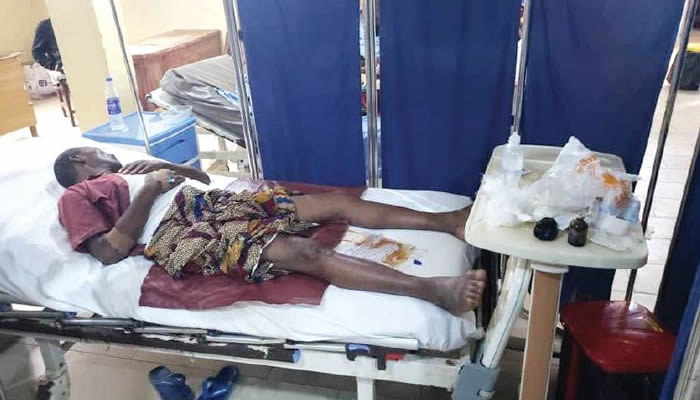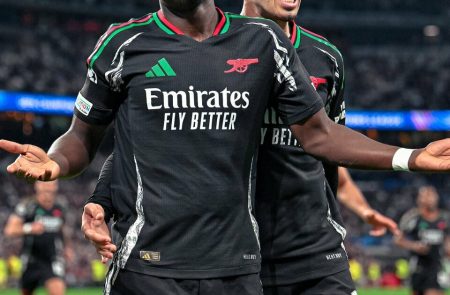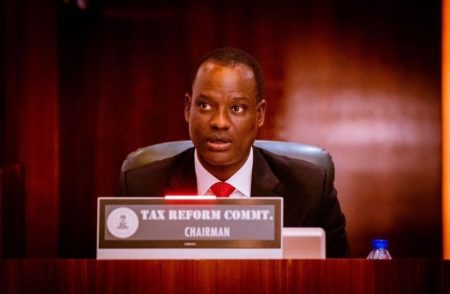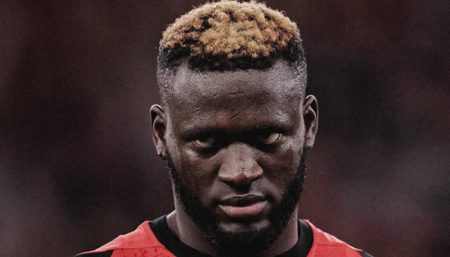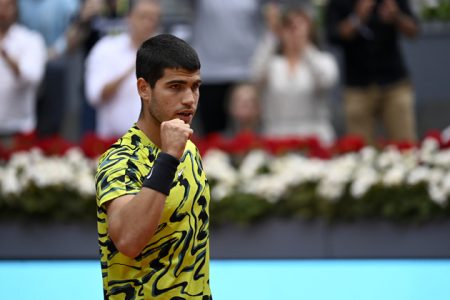Segun Odegbami’s impassioned plea for support for ailing former Nigerian athletes serves as a stark reminder of the precarious circumstances faced by many of the nation’s sporting heroes. The critical illness of Kadiri Ikhana, a member of the triumphant 1980 African Cup of Nations squad, has brought the issue into sharp relief, highlighting a pattern of neglect that has left many retired athletes struggling with poverty, poor health, and a lack of adequate support systems. Odegbami’s appeal underscores the urgent need for systemic change in how Nigeria cares for its sporting legends, ensuring they receive the dignity and support they deserve after dedicating their lives to representing the nation.
The timing of Ikhana’s illness is particularly poignant, coming amidst a wave of grief within the Nigerian football community following the recent passing of several other prominent figures. This string of losses has amplified the sense of vulnerability felt by retired athletes, many of whom are grappling with the physical and emotional toll of their playing careers without adequate resources or support. Odegbami’s words resonate with a deep sense of frustration and urgency, reflecting the collective anxiety and concern within the sporting fraternity. His appeal transcends a mere request for financial assistance; it’s a call for a fundamental shift in the nation’s attitude towards its sporting heroes, demanding recognition of their contributions and a commitment to their well-being.
Odegbami’s account details the distressing circumstances surrounding Ikhana’s hospitalization, revealing that a former government official has been personally shouldering the mounting medical bills to keep the ailing footballer alive. This underscores the lack of institutional support for retired athletes, forcing individuals to step in and fill the void left by the government and sporting bodies. The image of Ikhana, in a moment of lucidity, requesting prayers from his fellow Nigerians is particularly heartbreaking, emphasizing the depth of his struggle and the precariousness of his situation. The anecdote serves as a powerful symbol of the vulnerability and desperation facing many retired athletes who have dedicated their lives to representing their nation.
The narrative reveals a recurring theme of hardship and neglect among retired Nigerian athletes. Odegbami’s statement paints a bleak picture of a community grappling with poverty, ill health, and a pervasive sense of abandonment. This stark reality contrasts sharply with the glory and adulation these athletes experienced during their playing careers, highlighting the stark transition from national heroes to forgotten figures. The contrast underscores the need for a more comprehensive and compassionate approach to athlete welfare, ensuring that those who have brought honor to the nation are not left to struggle in their later years.
The criticisms leveled against the Federal Government and the Nigeria Football Federation echo a broader sentiment of disillusionment and frustration within the sporting community. The recent passing of Peter Rufai, another iconic figure in Nigerian football, has further ignited the debate surrounding the treatment of retired athletes. Etim Esin’s poignant remarks about the cycle of struggle and frustration faced by many national heroes resonate deeply with Odegbami’s appeal, emphasizing the systemic nature of the problem. These voices collectively call for a reevaluation of the nation’s priorities, demanding that the well-being of its sporting icons be given the attention and resources it deserves.
Odegbami’s plea is not merely a request for financial aid for a single individual; it’s a call for a comprehensive overhaul of the support system for retired athletes. It highlights the need for long-term solutions that address the root causes of the problem, including the lack of adequate healthcare, financial planning resources, and post-career support programs. The current situation demands a concerted effort from government agencies, sporting bodies, and private individuals to create a safety net for retired athletes, ensuring they receive the care and support they need to live with dignity and security after their playing days are over. The narrative underscores the moral imperative to honor the contributions of these national heroes and to provide them with the resources they need to thrive in their later years.





